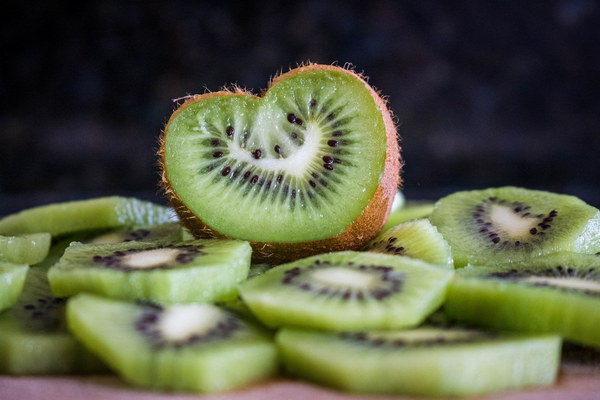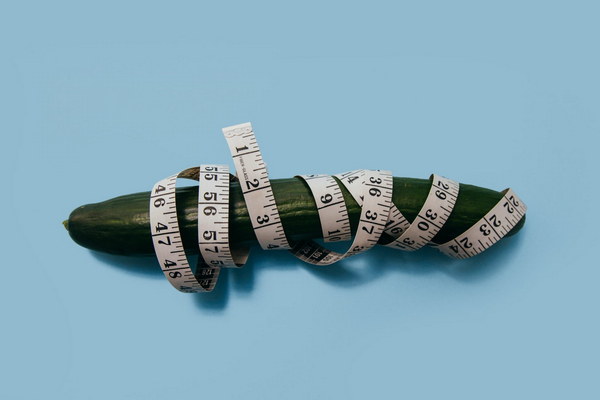How to Remove Dampness from the Uterus Traditional Chinese Medicine Insights
In Traditional Chinese Medicine (TCM), the concept of dampness is a common ailment that can affect various parts of the body, including the uterus. Dampness is considered to be a pathogenic factor that leads to disharmony and imbalance in the body. In this article, we will explore the causes, symptoms, and effective remedies to remove dampness from the uterus according to TCM principles.
Understanding Dampness in TCM
In TCM, dampness is a result of an imbalance in the body's fluids and metabolism. It can arise from external factors such as living in a damp environment, consuming cold and wet foods, or from internal factors like spleen and kidney imbalances. When dampness accumulates in the uterus, it can lead to various reproductive health issues.
Symptoms of Dampness in the Uterus
The presence of dampness in the uterus can manifest through various symptoms, such as:
1. Menstrual irregularities: Abnormal menstrual cycles, heavy bleeding, or spotting.
2. Menstrual pain: Dull, heavy cramps during the menstrual period.
3. Infertility: Difficulty in conceiving or a history of miscarriages.
4. Excessive vaginal discharge: Discharge that is thick, white, and has a foul odor.
5. Fatigue and lethargy: Feeling tired and unmotivated throughout the day.
Causes of Dampness in the Uterus
There are several factors that can contribute to dampness in the uterus:
1. Poor diet: Consuming excessive amounts of cold, raw, or damp foods can lead to dampness.

2. Spleen deficiency: The spleen is responsible for transforming and transporting nutrients in the body. A deficiency in the spleen can result in the accumulation of dampness.
3. Kidney deficiency: The kidneys are responsible for maintaining fluid balance in the body. A deficiency in the kidneys can lead to dampness.
4. Environmental factors: Living in a damp, cold, or humid environment can make the body more susceptible to dampness.
Remedies to Remove Dampness from the Uterus
1. Diet: Adjusting the diet is crucial in removing dampness from the uterus. Avoid cold, raw, and damp foods such as ice cream, salads, and raw vegetables. Instead, focus on warm, cooked foods like soups, stews, and steamed vegetables. Incorporate foods that help to clear dampness, such as ginger, turmeric, and leeks.
2. Herbs: TCM herbs can be used to clear dampness and improve reproductive health. Common herbs include:
- Astragalus (Huang Qi): Strengthens the immune system and boosts the spleen's function.
- Poria (Fu Ling): Helps to absorb and drain dampness from the body.
- Cinnamon (Rou Gui): Warms the body and improves blood circulation.
3. Acupuncture: Acupuncture can help to balance the body's energy and clear dampness. It is especially effective in addressing reproductive health issues related to dampness.
4. Exercise: Regular physical activity can help to promote blood circulation and improve overall health. Gentle exercises like yoga and tai chi can be particularly beneficial.
5. Lifestyle adjustments: Reduce stress levels by practicing relaxation techniques like meditation and deep breathing. Ensure proper sleep and maintain a warm, dry living environment.
Conclusion
Removing dampness from the uterus is essential for maintaining reproductive health and overall well-being. By implementing the above-mentioned remedies and adopting a healthy lifestyle, one can effectively address dampness-related issues according to TCM principles. It is always advisable to consult with a TCM practitioner or healthcare professional before starting any treatment.









